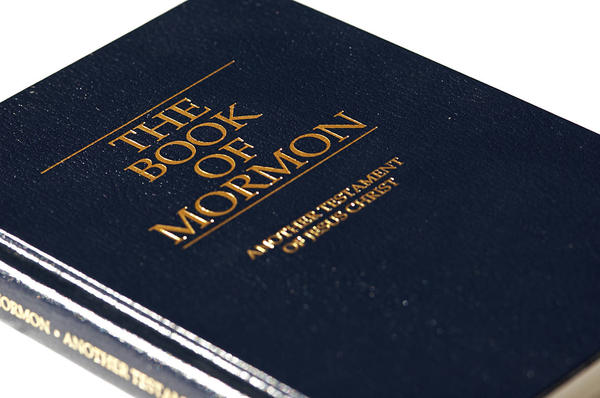Question
Gramps,
Many critics charge that the Book of Mormon contradicts teachings from LDS leaders and other LDS scripture. Critics would sight Moroni 8:18: “For I know that God is not a partial God, neither a changeable. Critics would then cite a quote from Joseph Smith: “ “We have imagined and supposed that God was God from all eternity, I will refute that idea, and take away the veil so that you may see.” I’ve always struggled to reconcile these things. If you had any ideas on this that’d be great. Thanks.
Jacob
Answer
Jacob,
When trying to reconcile a single phrase, it is really important to look at an entire passage to get proper context for the meaning of specific words. The word “change” can mean to change everything or change anything. It can also mean change one aspect or change a few aspects.
Joseph was specifically speaking of the physical nature of God. Nowhere in that entire chapter of Moroni is there anything that would indicate that Moroni is talking about physical attributes. It would be a tremendous cognitive disconnect to believe he was talking about physical attributes since Moroni knew perfectly well that Jesus took upon Himself flesh and blood. Jesus was a baby! Then he GREW in wisdom and stature and favor with God and man. This was God. He changed. Then He rose to put on immortality. So, this is obviously not what Moroni was talking about when he said He was not a “changeable God.”
The passage in Moroni that you refer to specifically refers to the “character” of God. The main topic that Moroni was expounding on was the baptism of little children (babies). Baptism is a saving ordinance. So, without it some babies (who really had no say in the matter) would be condemned to hell. Other babies (who really had no say in the matter) would be saved. But all the scriptures tell us that we are saved by our commitment to follow Christ. That requires that the individual makes a choice. So, God would then be changing His mind on salvation if He decided that we will be saved or damned because of something we had no say in. Thus verse 12 of the same chapter states:
But little children are alive in Christ, even from the foundation of the world; if not so, God is a partial God, and also a changeable God, and a respecter to persons; for how many little children have died without baptism! Moroni 8:12
Moroni specifically lists a series of characteristics. Thus we understand that “changeable” in this verse is related to the idea of being “partial” or “a respecter of persons.” This is the “change” that Moroni was referring to.
If we look at other similar passages, we also find that same sentiment. God does not “change the rules about salvation” from person to person.
I perceive that it has been made known unto you, by the testimony of his word, that he cannot walk in crooked paths; neither doth he vary from that which he hath said; neither hath he a shadow of turning from the right to the left, or from that which is right to that which is wrong; therefore, his course is one eternal round. Alma 7:20
When we talk about God being “perfect” what does that mean? Jesus was “perfect”. But he had a mortal body that was subject to all the infirmities and weaknesses that we are subject to. Isn’t this something that changed? Of course. The “perfect” attribute that was constant was His righteousness. This is the thing that never changes.
Gramps







